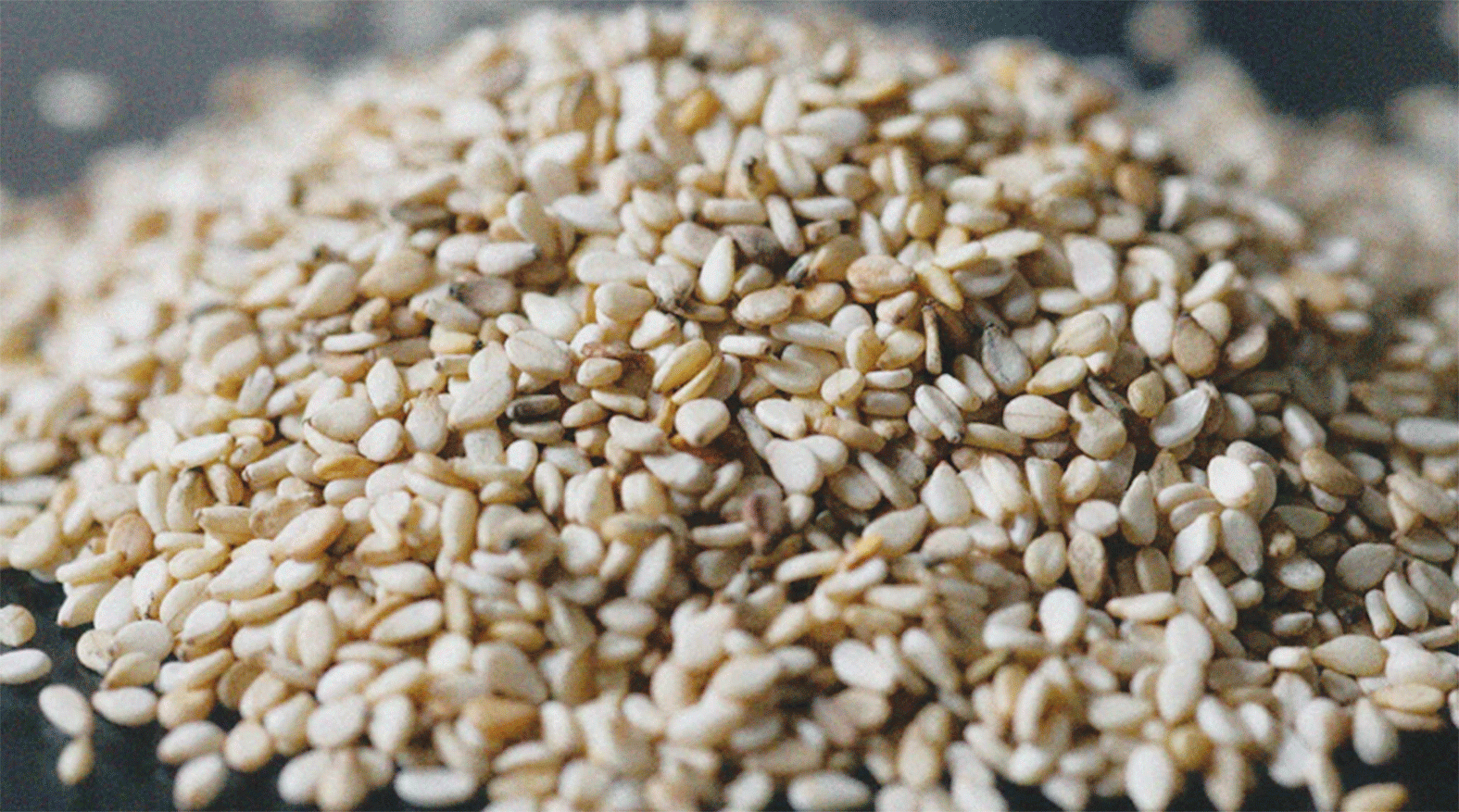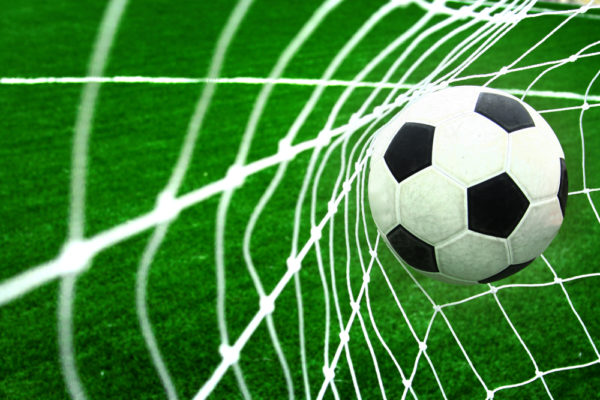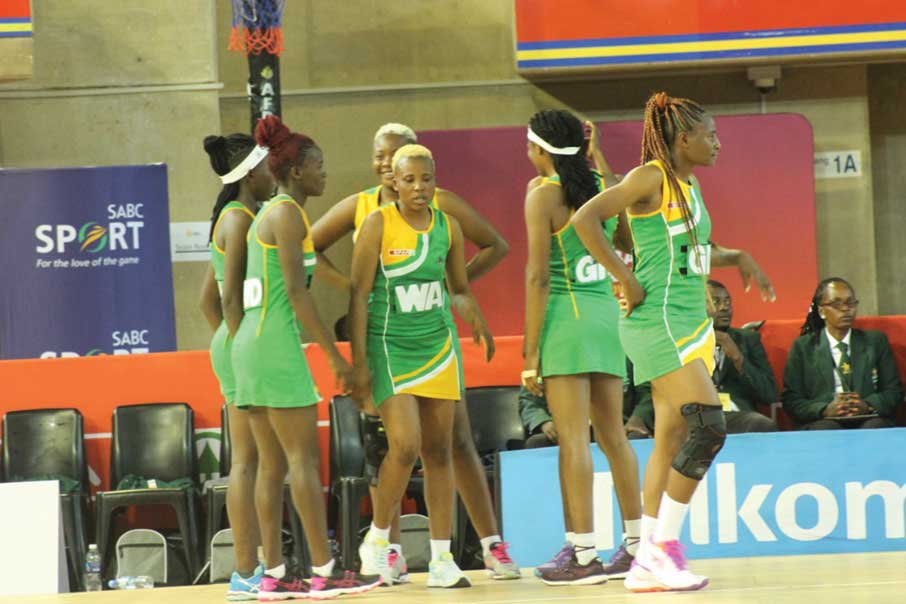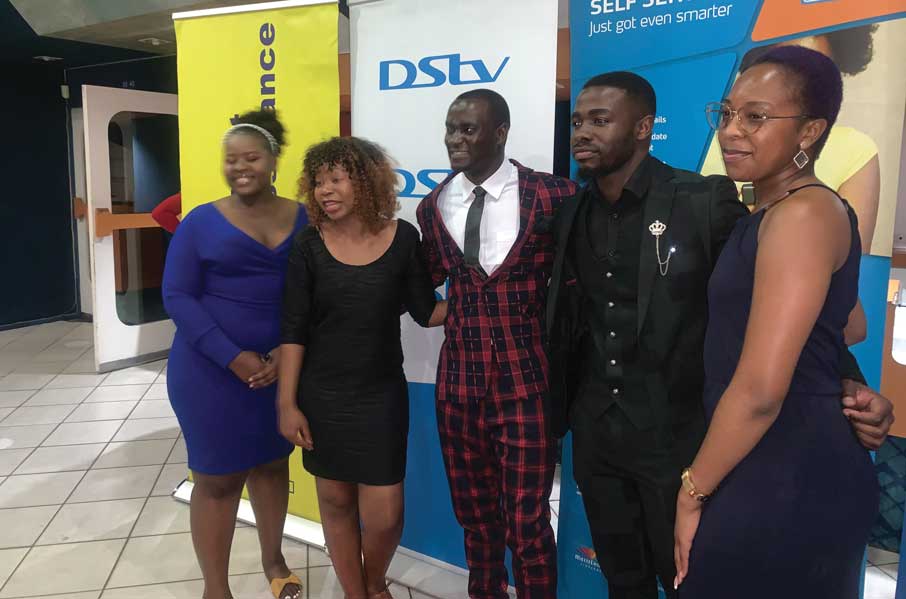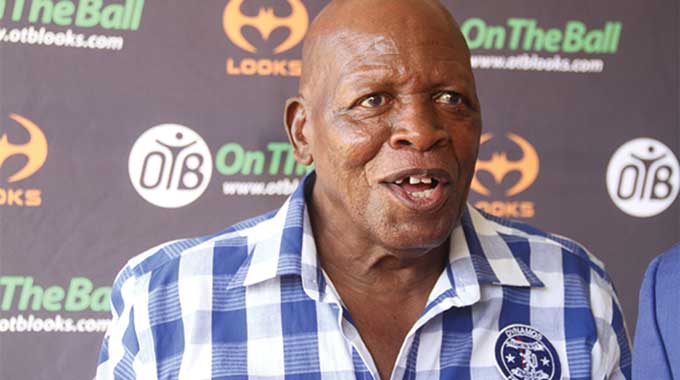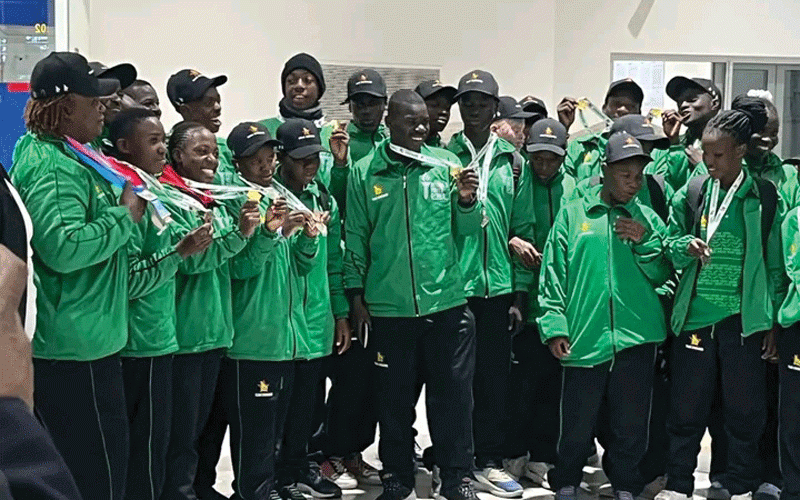
Special Olympics Zimbabwe recently hosted a Motor Activities Training Programme (MATP) at Prince Edward High School in Harare, aimed at equipping personnel to work with people who have profound and severe intellectual disabilities.
The program's goal is to challenge societal misconceptions and focus on celebrating the abilities of these athletes.
"Everyone has the right to inclusivity," said John Muringani, national director for Special Olympics Zimbabwe.
"Our mandate is to ensure that a person with an intellectual disability is exposed to the same opportunities as anyone else in our society."
The workshop was a training of trainers (TOT) programme, which means it focused on providing coaches and caregivers with the necessary skills not only to work with individuals with intellectual disabilities but also to train others.
Participants included occupational therapists, caregivers, and family members, as Muringani noted that family members are often primary caregivers.
The training was facilitated by Vincent Mungai, sports manager for Special Olympics Kenya and an MATP lead trainer. He explained that due to the severity of their disabilities, some people feel that these athletes cannot accomplish much, and as a result, they may not receive the attention they need.
"Special Olympics has developed a program where we look at very basic skills that address their motor skills, both gross and fine," Muringai said.
"After months or even years of training, they end up getting the skills."
Special Olympics has already gained traction across southern Africa, with many nations, including South Sudan, implementing the programme. The goal is now to maintain this momentum.
Muringai shared that starting a program in the capital city is often easiest because it requires fewer resources. From there, the program can be spread to other areas.
"Our strategic plan is reaching out to athletes in marginalised areas, including refugees," he added.
Among the participants was Mundia Mabuku, deputy national director for Special Olympics Zambia.
He plans to take what he learned back to Zambia and hold a workshop to train other coaches from various professions, including occupational therapists, physiotherapists, and other health workers.
Mabuku also made a plea to the public, urging people to be forthcoming about their relatives with intellectual disabilities and not to shy away due to societal misconceptions.
"The first thing someone needs is the passion to serve people with intellectual and developmental disabilities," he said.
"It begins with passion because without it, you'll be unable to work with them. You also need compassion and understanding. The last thing we need is pity, because that is the root of stigma."

